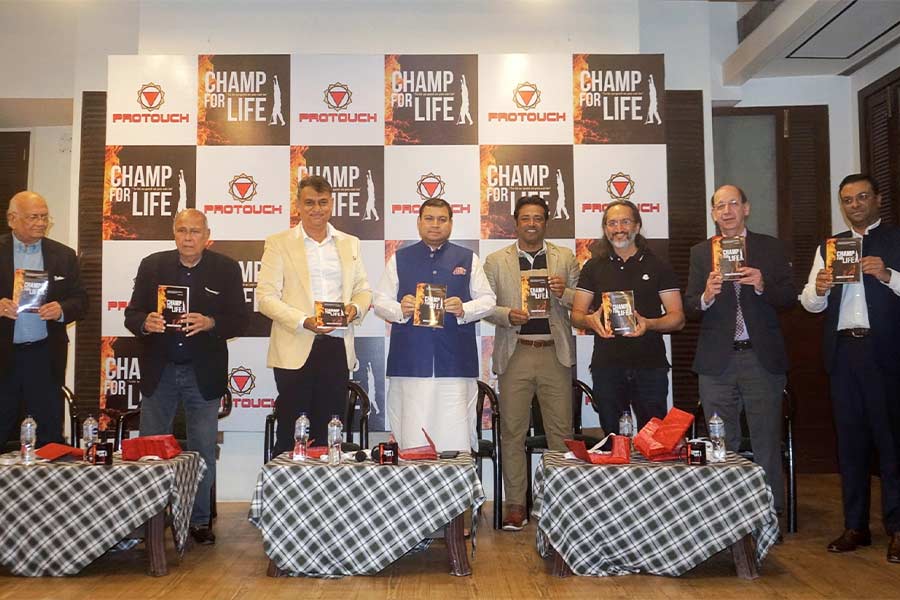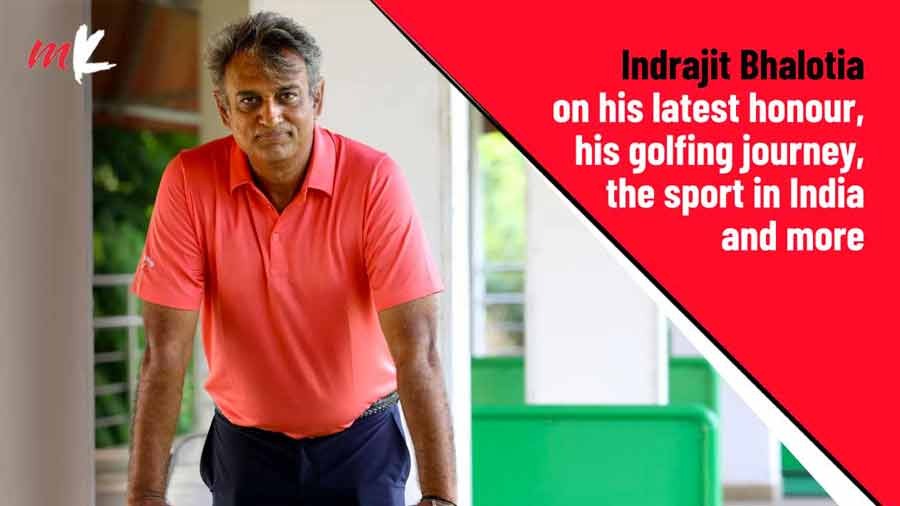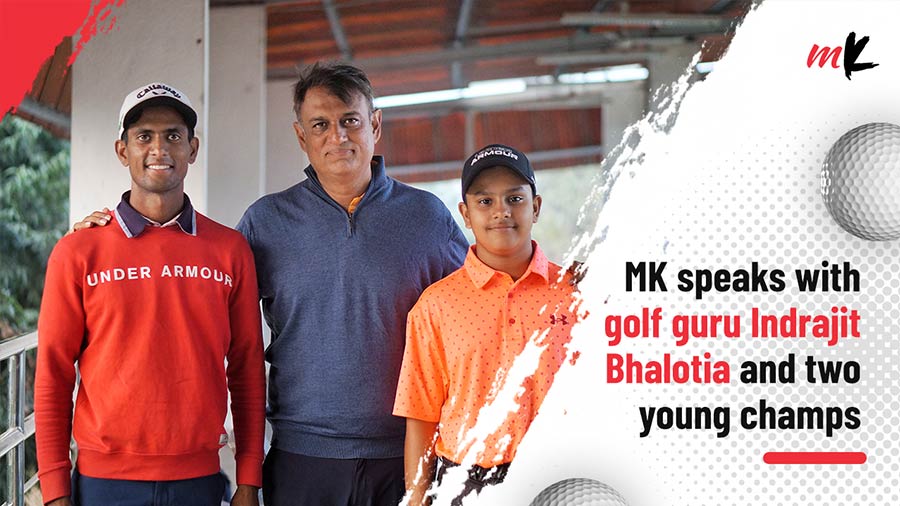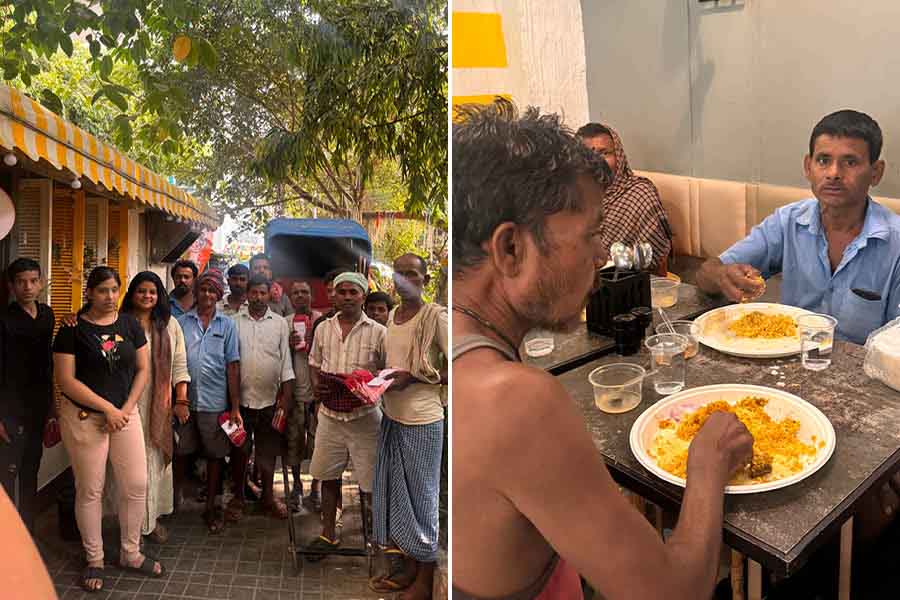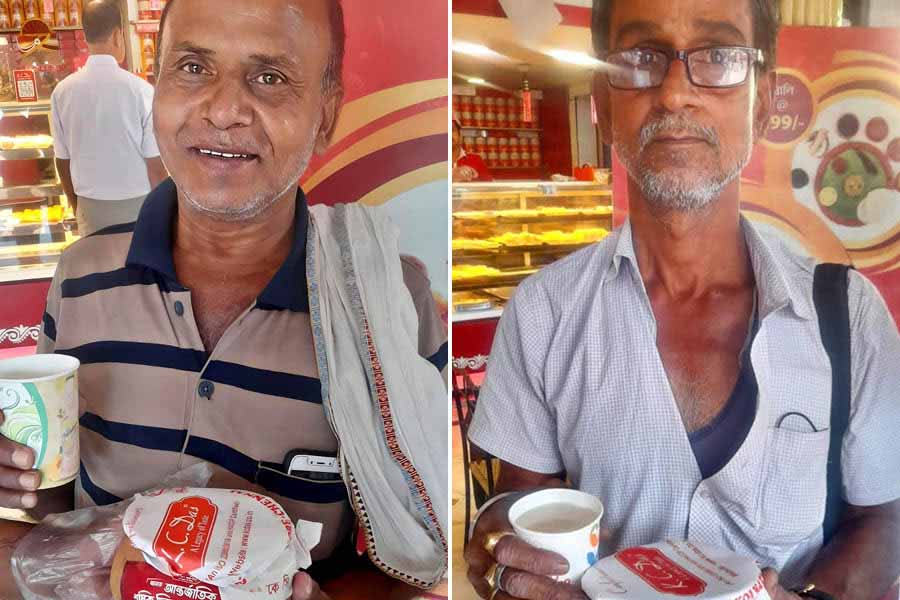“What goes on in your mind and how you think is crucial to being a champion,” said golf guru Indrajit Bhalotia at the launch of Champ for Life, his new book on how to channelise one’s talent and work ethic to achieve sporting excellence. In the company of friends and family, Indrajit unveiled his book at the Veedol Hall of Tollygunge Club on January 2, after a panel discussion involving himself; Murli Bhalotia (Indrajit’s father); social activist, philanthropist and author Sundeep Bhutoria; and tennis icons Jaidip Mukerjea and Leander Paes. The conversation was moderated by Cyrus Madan.
Understanding what it takes to be a champion
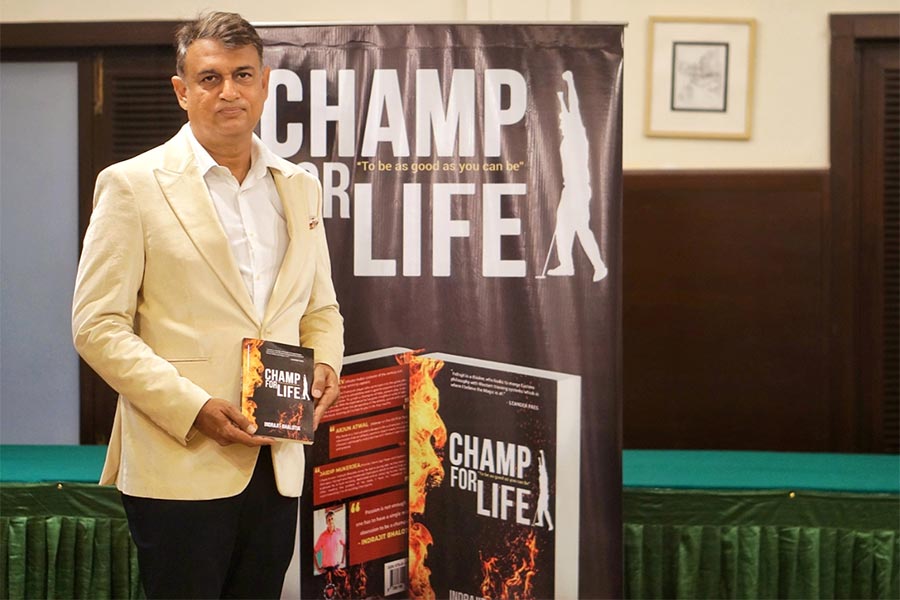
Indrajit Bhalotia has written ‘Champ for Life’ based on his decades of experience in golf as a player and as a coach
“Sports science in India in 2023 is still not what it was in the US in 1996 [when Bhalotia was there]... It’s all very primitive,” said Indrajit as a precursor to explaining the purpose of his book: “It’s an attempt to make youngsters and their parents understand what it takes to be a champion athlete, based on my decades of experience as a player and now as a coach.”
Indrajit, who won his first tournament at the age of nine, underlined the importance of supportive parents, without whom he might never have become a professional golfer: “My parents never asked me why I played badly when things didn’t go my way. Nowadays I find parents scolding or even beating their kids when they don’t play well. It’s because such parents are living their sporting dreams vicariously through their children. That’s no way for them to become champions.”
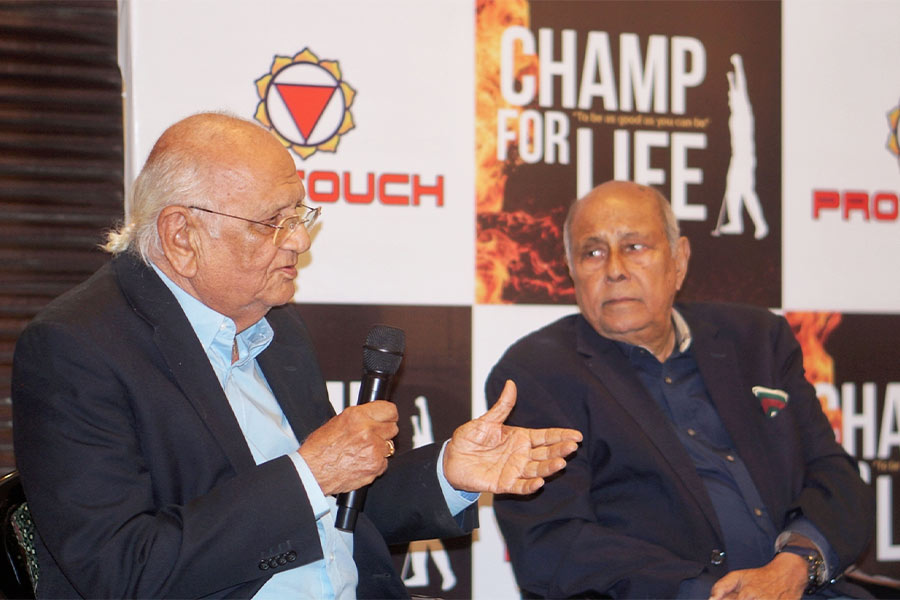
Murli Bhalotia (left) would often “hide behind trees” to watch his son in action
Recalling the first time Indrajit decided to play golf, his father Murli said: “I was definitely shocked. My in-laws were doctors and my wife was a lawyer. But the caddie said that he’s very good, and so I asked him to carry on.” Murli proceeded to describe how “it was ecstasy and agony to see Indrajit play” and how his son would not like him to attend his tournaments, especially later on in Indrajit’s career. This meant that Murli would often “hide behind the trees” to watch Indrajit in action. As for Indrajit’s mother, she “only knew that under par was good and that over par was bad”, even though hers was the shoulders Indrajit would always cry on.
‘If you have to improve your skills, you can’t have the same coach in college that you had in nursery’
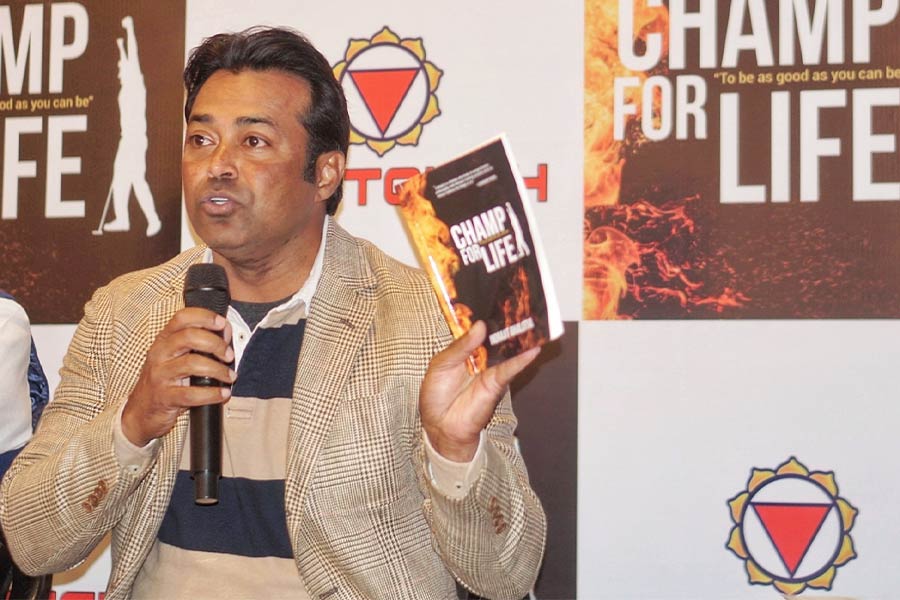
Leander Paes narrated the story of how he switched from football to tennis
Adding to the point about the importance of family and emotional support, Leander observed how “some of us [who are born into a sporting family] are born into a legacy that we have to continue”. In extending that legacy, “family is everything”, even as a larger community beyond the family has its role to play. “I used to play a lot of football in my younger days and I switched to tennis because of Jaidip Mukerjea’s family. His dad would reserve the sixth court for me at [the Calcutta South Club] and his brother had got me my first tennis racket. I’m grateful to the community I have in Kolkata for encouraging me and others to play sports and to prove that we can produce champions,” narrated Leander.
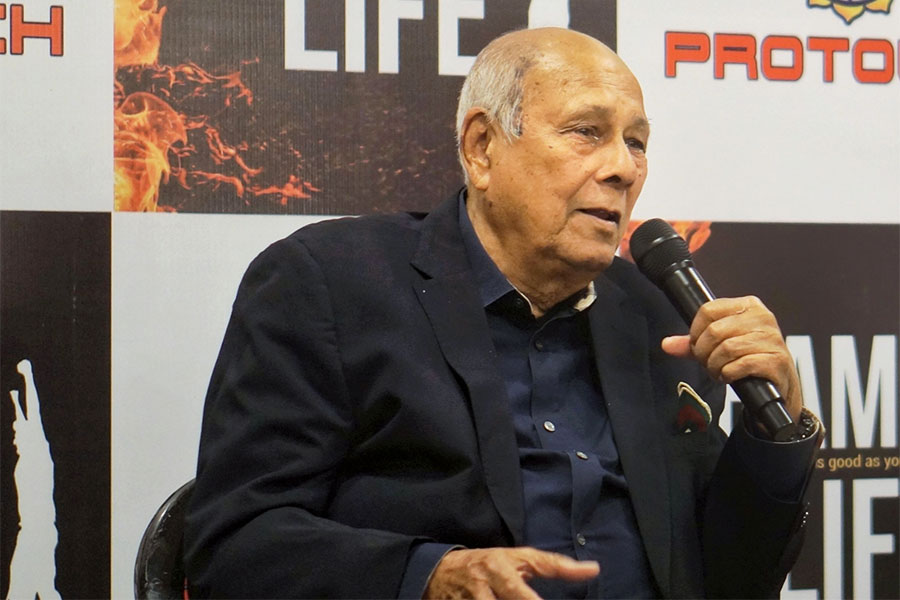
“There was nobody to help me with skill training,” recalled Jaidip Mukerjea about his time as a tennis player
As the conversation progressed, Madan asked the panellists about skill development, to which Mukerjea said: “There was nobody to help me with skill training. But what I realised was how much fitter some of the other players were during my time, especially those from Australia… When it comes to skill development today, it’s vital for coaches to not hold on to the kids they train for several years. If you have to improve your skills, you can’t have the same coach in college that you had in nursery.”
Leander added: “The sub-title of the book says, ‘To be as good as you can be’. That, for me, is the philosophy of life. If you focus simply on winning or losing, then you’re focusing too much on the result. But if you focus on being the best version of yourself, you stand a better chance [of enhancing your skills].”
‘The player is a very selfish person who is constantly thinking about themself’
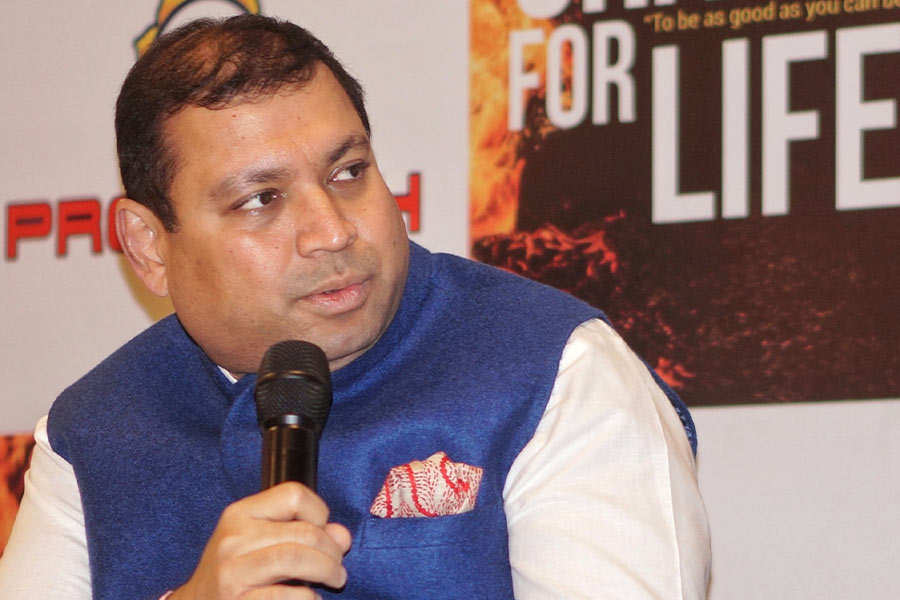
Scholarships should be need-based, factoring in one’s support system, argued Sundeep Bhutoria
On the subject of financial assistance, Bhutoria, who is associated with several organisations that sponsor talents across fields and sectors, said: “Sport is definitely something we want to look into more. There are government programmes supporting athletes, but we also want to expand our efforts in assisting sportspersons. We believe that support shouldn’t be on the basis of calibre, but on the basis of needs. Our scholarships are based on the kind of support system someone has. If someone is washing dishes in the morning and achieving 30 per cent of their target, then it’s worth as much as someone with an 80 per cent who already has a support system in place.”
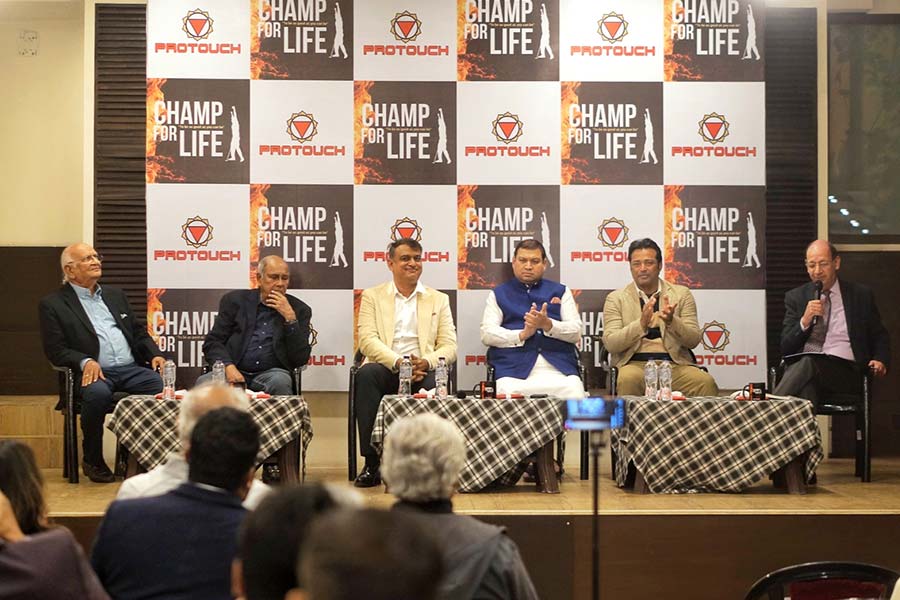
Indrajit Bhalotia described the moment his perspective on golf changed during his initial years as a coach
Towards the end of the programme, Indrajit was asked to compare his stint as a player with his present role of a coach. “The player is a very selfish person who is constantly thinking about themself. This makes the transition to coaching extremely difficult. I remember when I first started coaching and wasn’t particularly passionate about it. A kid I had coached for a few months went on to win a junior tournament. When he was being felicitated, he took the mic and started crying, thanking his parents and me. I felt something at that point that I had never felt before. It changed the way I looked at golf because until then my golf was just about me,” responded Indrajit.
The discussion concluded with Indrajit and Leander picking out the most fundamental qualities required to succeed as an athlete. While Indrajit spoke of “clarity of thought in knowing what you want to do”, Leander emphasised on the “simplicity of identifying your North Star and sticking to your purpose”.


